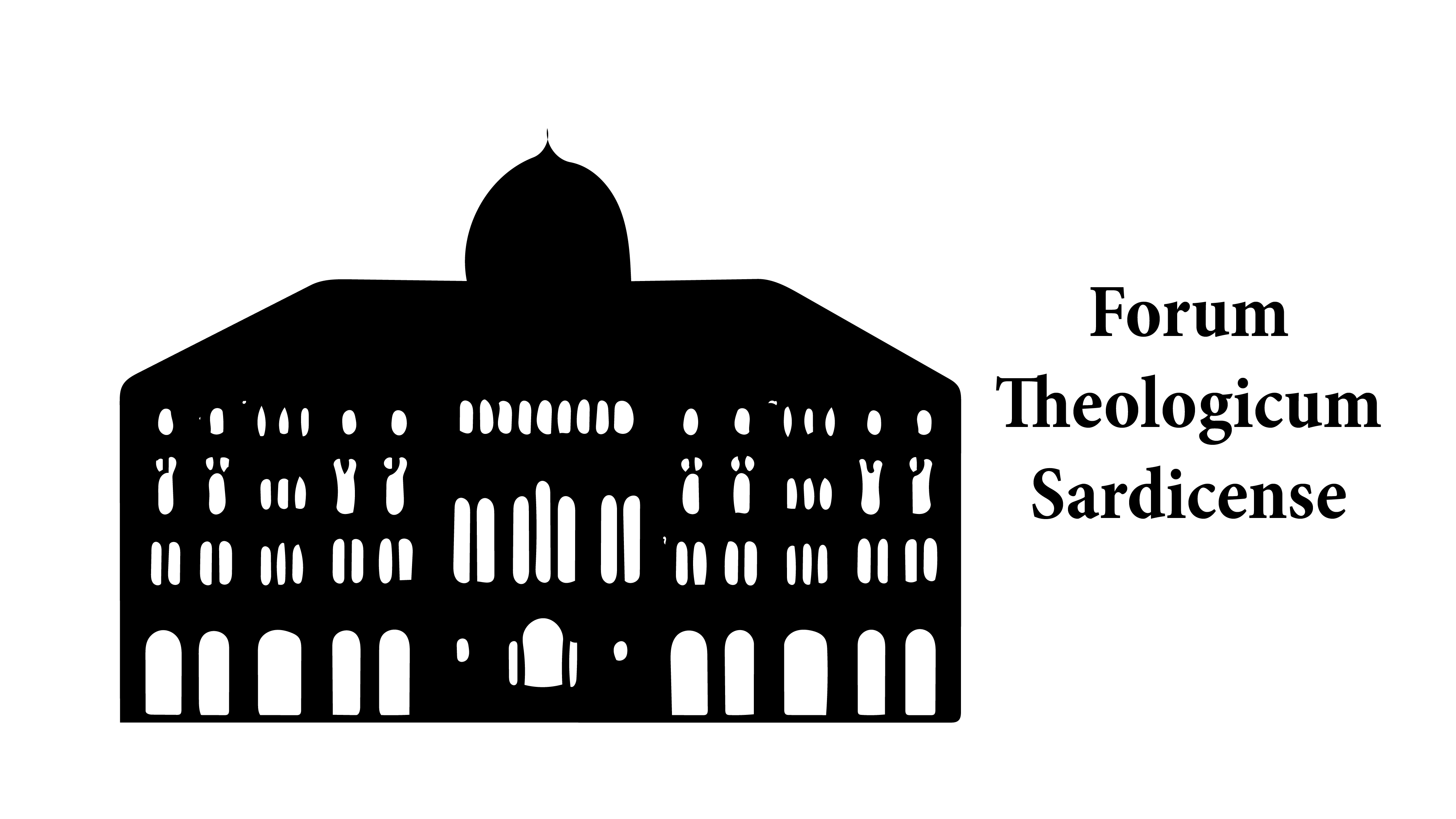Movement and Energy in the Debate between John Philiponus and Proclus on the Eternity of the World
DOI :
https://doi.org/10.60061/fths.2013.1.127-144Ключови думи :
John Philoponus, Christianity and Neoplatonism, Late Antiquity, Patristics, Church HistoryАбстракт
Rossen Roussev, Movement and Energy in the Debate between John Philiponus and Proclus on the Eternity of the World. The main topic of this text is the late-antique debate between the Christian philosopher John Philoponus and the pagan philosopher Proclus concerning the eternity of the world. Central to our examination is the meaning of the notion of κινησις (movement or motion) in their metaphysical systems, particularly as it relates to the Aristotelian distinction between κινησις and ἐνεργεια (activity or actuality). Proclus attempts to prove that if there were a time when the world did not exist, the Creator must have undergone some kind of alteration when He proceeded to create the world. Conversely, Philoponus argues that the actualization of God’s capacity to create the world is not an instance of alteration or movement but, according to Aristotle (De anima II.5), a perfect activity (ἐνεργεια τελεια). In his argumentation, Philoponus rehabilitates Aristotelian ontology, preferring it over the Platonic he-nology favored by Proclus.Файлове за сваляне
Публикуван
23.05.2025
Брой
Раздел (Секция)
Articles
Лиценз
Авторски права (c) 2013 Annual of St. Clеment of Ohrid University of Sofia – Faculty of Theology

Публикация с Creative Commons Attribution-NonCommercial 4.0 International License.
Как да цитирате
Movement and Energy in the Debate between John Philiponus and Proclus on the Eternity of the World. (2025). Forum Theologicum Sardicense, 1, 127-144. https://doi.org/10.60061/fths.2013.1.127-144


